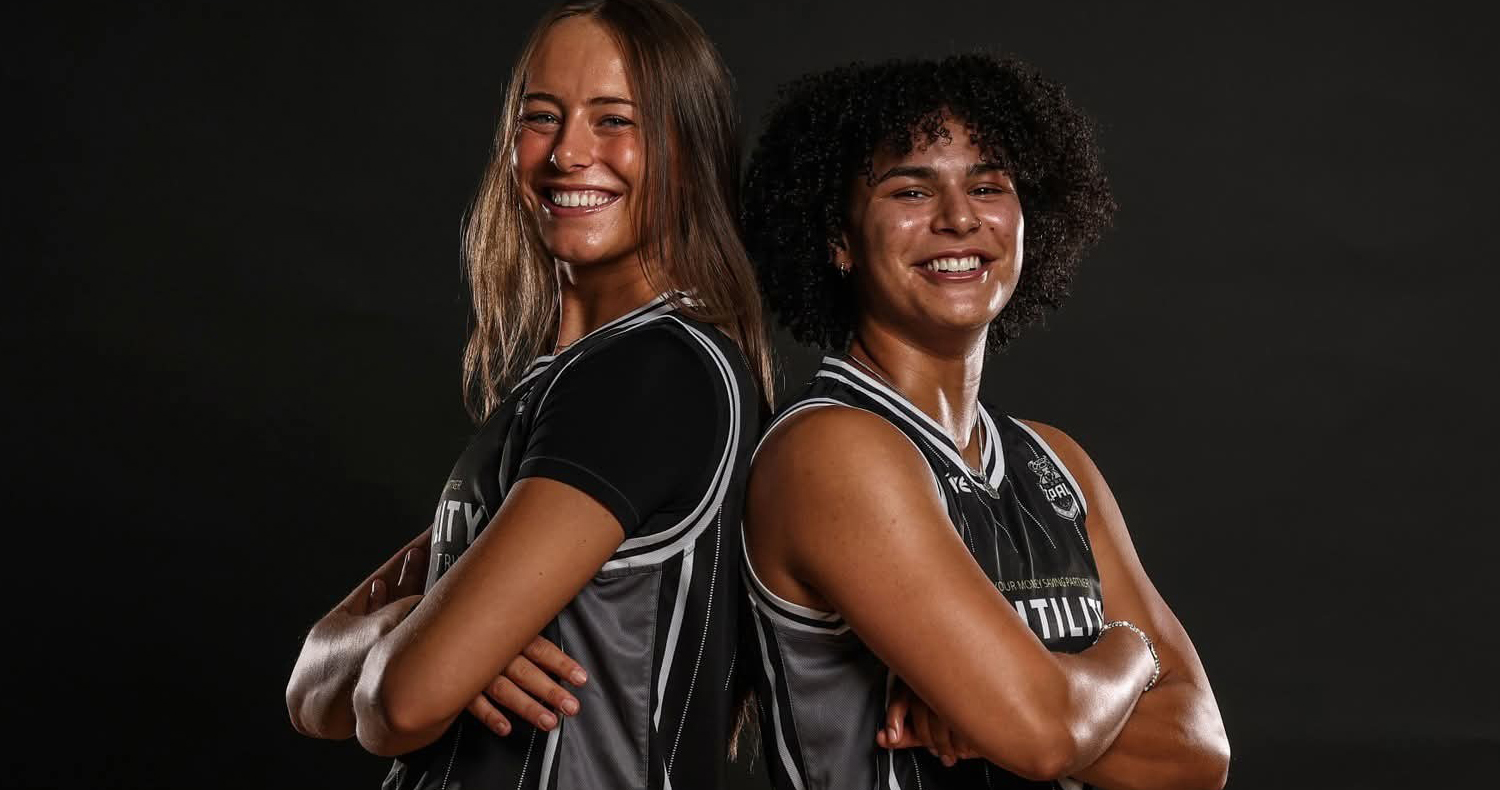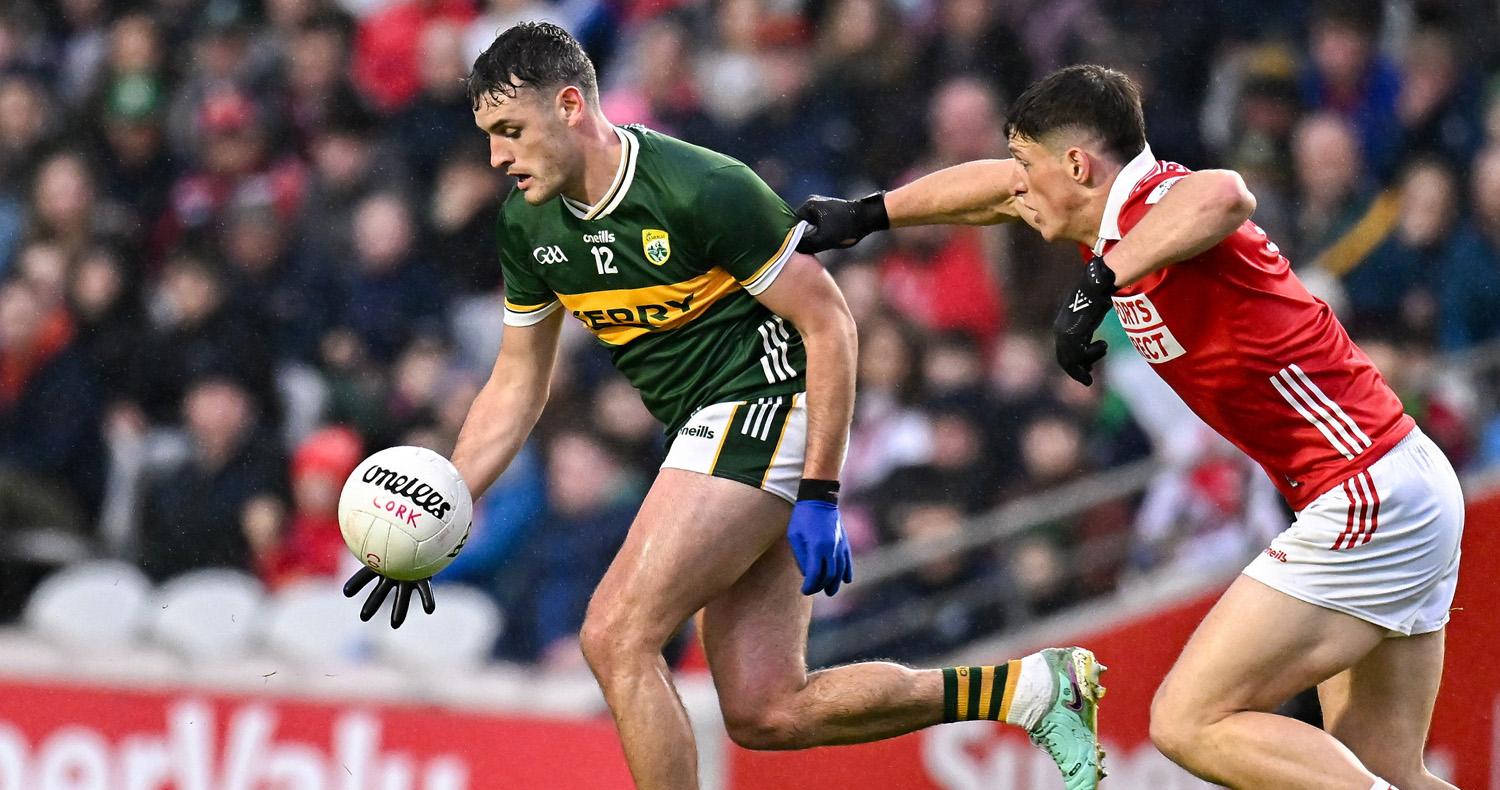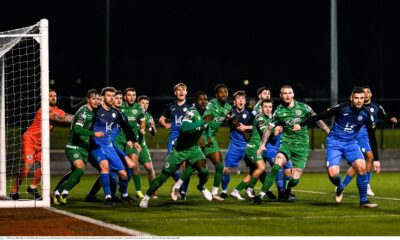Sport
Adam Moynihan: We need referees, so why do we give them so much grief?

This weekend thousands of Dublin children have been left on the sidelines after referees pulled out of fixtures due to incessant verbal abuse. Killarney Advertiser sports editor Adam Moynihan looks at the reasons behind the culture of abuse that exists in some of our favourite sports.
Of all the side hustles that exist, reffing amateur sport must be one of the strangest. I don’t know about you (maybe my ego is too big) but standing in a muddy field while several people verbally abuse me isn’t exactly my idea of #sundayvibes. But a game needs a referee more than any other individual. If a player, coach, or fan doesn’t show up, the show goes on.
Where would we be if the refs, having been told to ‘f- off’ by countless people on a weekly basis, actually did just that?
This week, players, coaches and parents in the North Dublin Schoolboys/Girls League and the Metropolitan Girls League have found out exactly what happens when the refs say, “no more”. Fed up with the level of verbal abuse directed their way during matches, officials have withdrawn their services for this weekend’s fixtures. At least 550 games have been postponed.
“This is a sad day for football and I hope we will learn from what is happening this weekend,” the leagues’ honorary secretary and CEO Tony Gains told clubs via an official communique.
“[Last] weekend a female referee refereeing her first game of three games was abused so badly from the time she entered the pitch, she decided that she is not taking any more of this abuse from these people and she has now decided to give up refereeing entirely.
“Another young referee who has only been refereeing for the past two months was petrified on the pitch, he was so afraid even to collect his gear. This abuse he took was absolutely disgraceful.”
You have to feel for the officials. They’re certainly not getting paid enough to put up with this kind of thing. No one is.
LOSERS
The biggest losers here are the young players who are missing out on what is probably the highlight of their week. Well, actually, they’re the second biggest losers here, after the grown adults who are harassing match officials at a children’s soccer match.
Sadly, reports of shameful abuse at juvenile sporting events are commonplace in Ireland. For some reason, perfectly respectable members of the community find it acceptable to lay into referees, coaches and players at a game. I think that’s a key word: ‘acceptable’. There seems to be this acceptable level of abuse in some of our favourite sports. It’s basically fine to swear at a referee in soccer and Gaelic games.
Rugby, it must be noted, is much different in this regard. My own experience with the sport is limited to a semester-long spell with a college team in New York but the manner in which the referees were treated was truly remarkable. It’s all “sir” this and “thank you” that.
In my first match, I took a quick tap-and-go that was destined to result in the first and only try of my ill-fated rugby career. I was streaking through unchallenged, happy but slightly conflicted as I recalled that rookie try-scorers had to run naked through the sports fields after their debut.
Sadly for me (and luckily for the students who were ambling around the State University of New York campus that autumn Sunday), the referee called play back. I had supposedly taken the penalty from the wrong spot. It was harsh and I was sickened. If it was soccer or football, I absolutely would have told the referee how I felt. But it just isn’t done in rugby, so I bit my tongue and got on with it. That’s the culture and, even though I was only involved in the sport briefly, I automatically bought into it.
EDUCATION
Sometimes it is the less educated (in sporting terms) parents and fans who lose the run of themselves at matches. Maybe a poor understanding of the game is a factor here; every refereeing decision is potentially wrong when you don’t know the rules.
Other parents, and this is true of a lot of supporters in general, go after the ref out of a misplaced sense of loyalty. To many, the referee is not only not neutral, he’s actually one of “them”. A duplicitous secret agent in cahoots with the enemy. Every club has their “give him a jersey!” brigade. If that’s your attitude from the throw-in, abuse is almost inevitable.
And some parents and fans just can’t keep their emotions under control. Call it over-exuberance or being too passionate or being over-protective of their child or clubmate, whatever it is it can frequently lead to outbursts that they might well regret once the dust settles and the red mist clears.
Coaches regularly blow a gasket too. While it’s not necessarily forgivable, especially if it leads to a referee getting abused, this is a little more understandable, especially at senior level. Managers and selectors are under a lot of pressure to get results and when a decision goes against them it can decide their whole year, and ultimately impact their reputations.
People say there’s no point giving out to a ref. He’s not going to change his mind. That’s not why players and managers shout at referees. Firstly, they’re trying to influence the next decision, not the last one. It’s an attempt to guilt-trip the official into favouring them the next time he might be unsure of the correct course of action. Of course, this is often counterproductive. Why should the ref give you a break when you were abusing him from a height a matter of seconds ago?
Secondly, and I know this myself from whenever I give out to a ref, it’s often because the player has made a mistake him/herself.
If I’ve been turned over, or I’ve lazily drifted offside, that’s when I’m most likely to have a cut off the ref. It’s deflecting, pure and simple.
You’re annoyed with your own error but you can’t exactly verbally abuse yourself, can you? Fellas will be talking.
On more than one occasion I’ve witnessed a teammate absolutely tearing into the ref over some decision or other, and then swear blind in the dressing room that he was wronged. And we all sit there nodding our heads, despite knowing full well that it was the right call, and the teammate just messed up.
Sometimes by drawing attention to the referee, managers are also deflecting from their own shortcomings and the shortcomings of their team. Losing the plot over a stoppage time decision communicates to supporters that the ref is after screwing us here. “Sure what can we do when we’re playing against 16?”
And look, sometimes the anger is actually justified. Referees make mistakes, and that can be very annoying. Does that warrant verbal abuse, or physical intimidation as was the case in Dublin recently? Absolutely not. It’s possible to communicate to a ref that you think he has made a mistake without questioning his intelligence, eyesight or integrity.
The odd time alright you come across a ref who won’t listen to anyone, and that irritates me more than anything. It’s a bit like the bouncer who treats everyone like a potential troublemaker, despite the fact that most of us are just there to have a good time, bro.
I suppose it’s a defence mechanism. If you’re getting abused on such a regular basis, maybe it’s easier to assume that everyone is going to be a problem.
In my experience, the best referees have very open lines of communication with the players. They explain every decision clearly and you can explain your side (respectfully) without getting a dismissive response.
It’s a lot harder to lash someone who has been sound to you all day, even if he has just given a dodgy last-minute penalty to the opposition.
There’s no hard and fast solution to this blight on our games but the culture is wrong in the GAA and soccer and there’s no getting away from that. The Silent Sidelines initiative in the GAA is a fantastic idea and coaches say it works well. I would love to see the GAA adopting it wholesale, and the FAI too for that matter.
As for senior level, I think there needs to be a more zero-tolerance approach to verbal abuse – red cards and suspensions – and also accountability within the teams themselves.
We might sometimes view refs as the spoilsports but it’s pretty straightforward: no referee, no party.



















